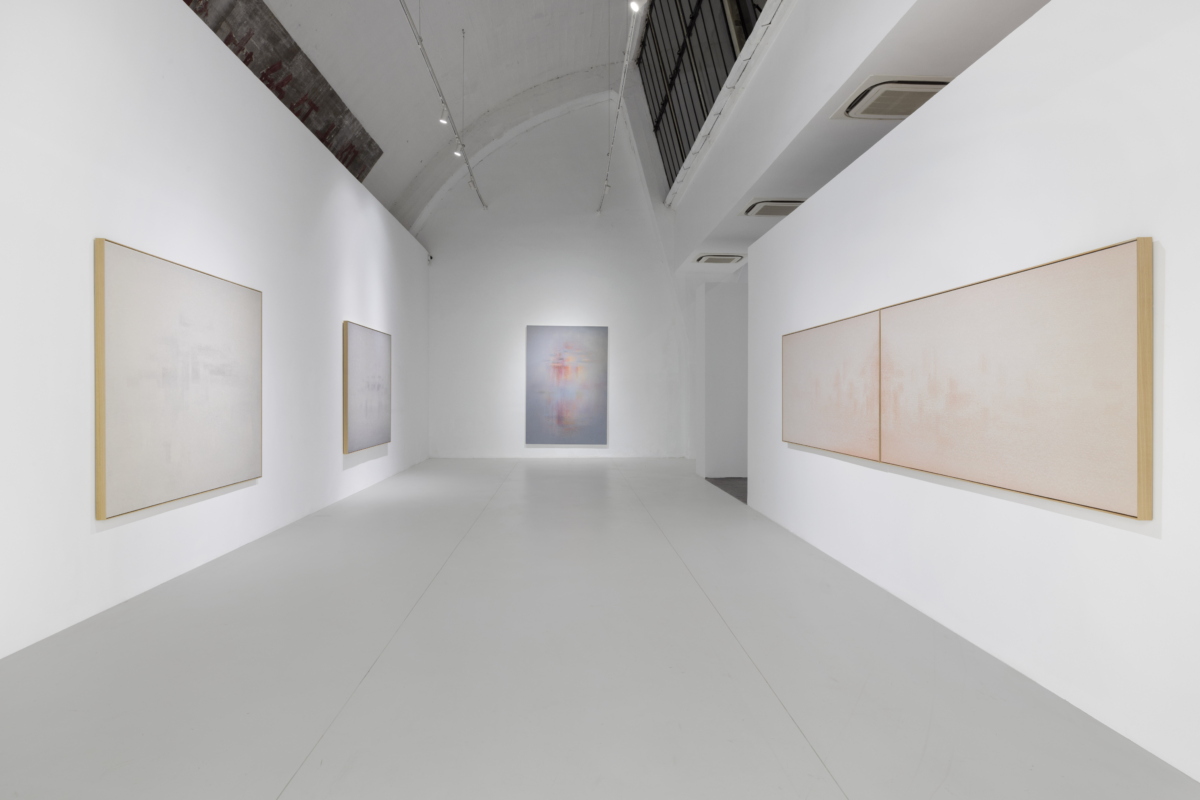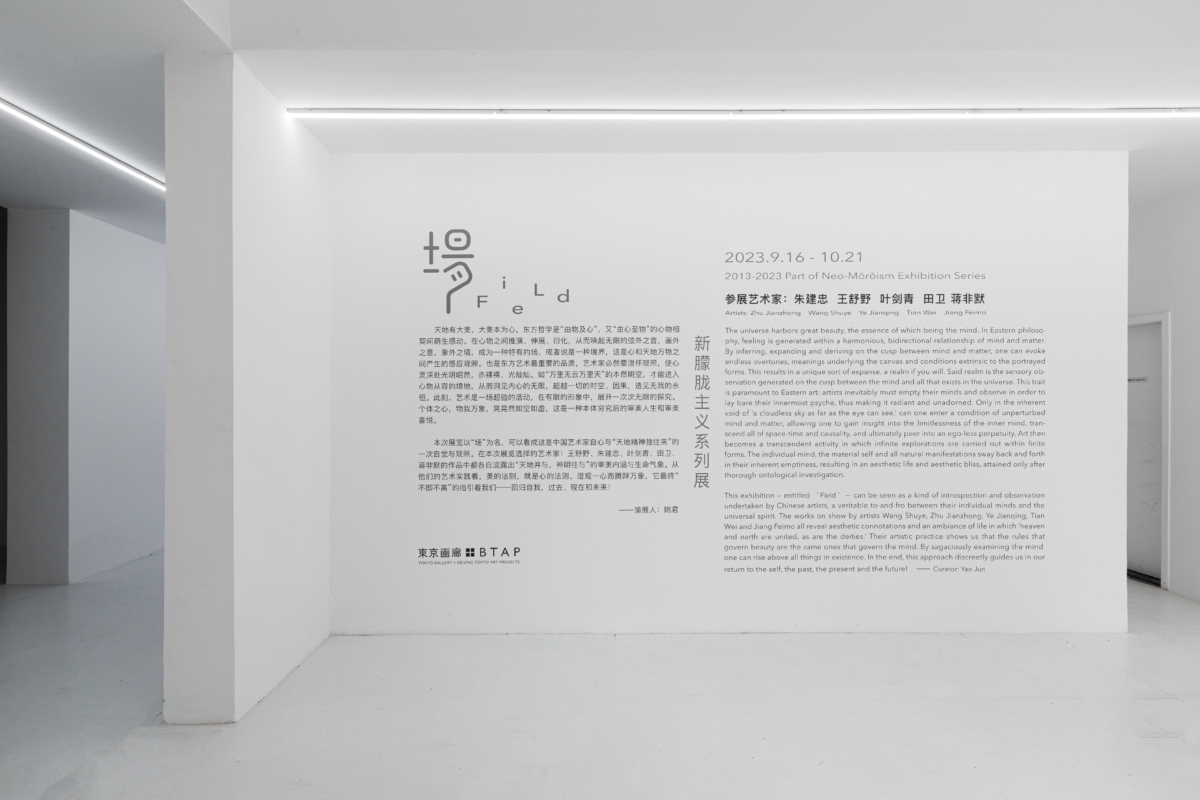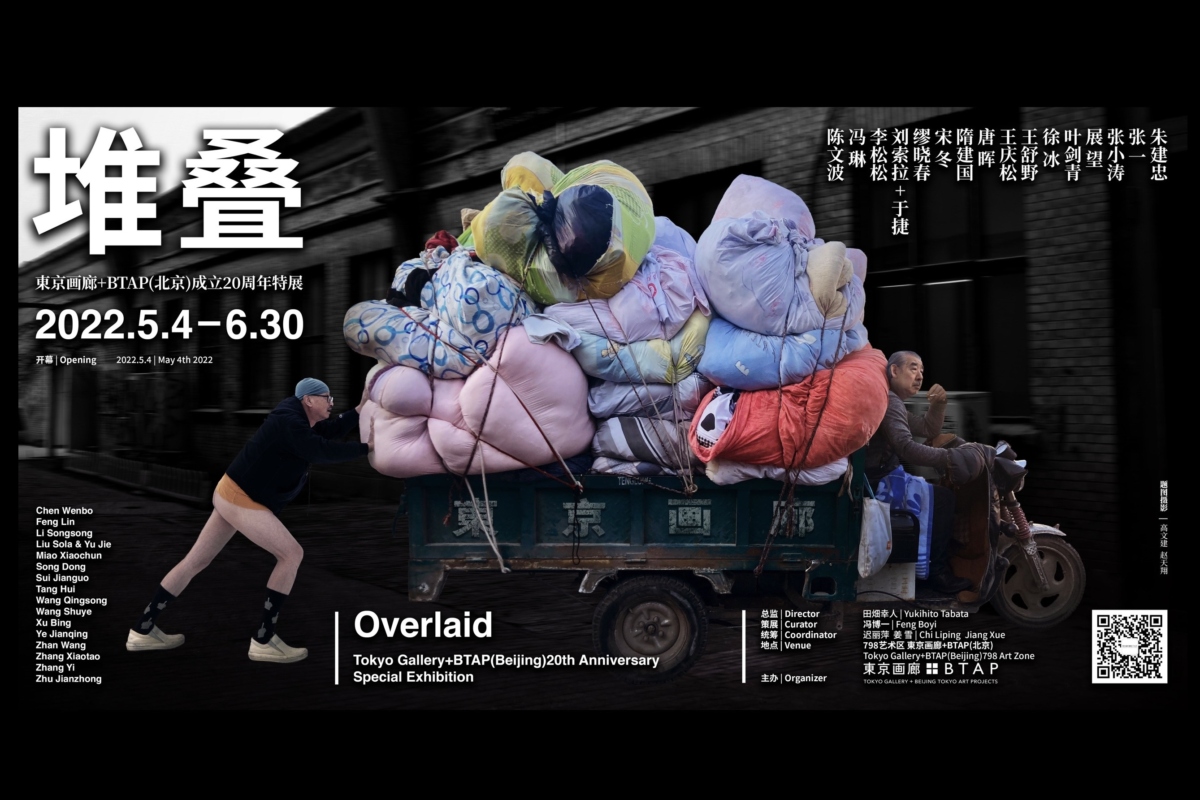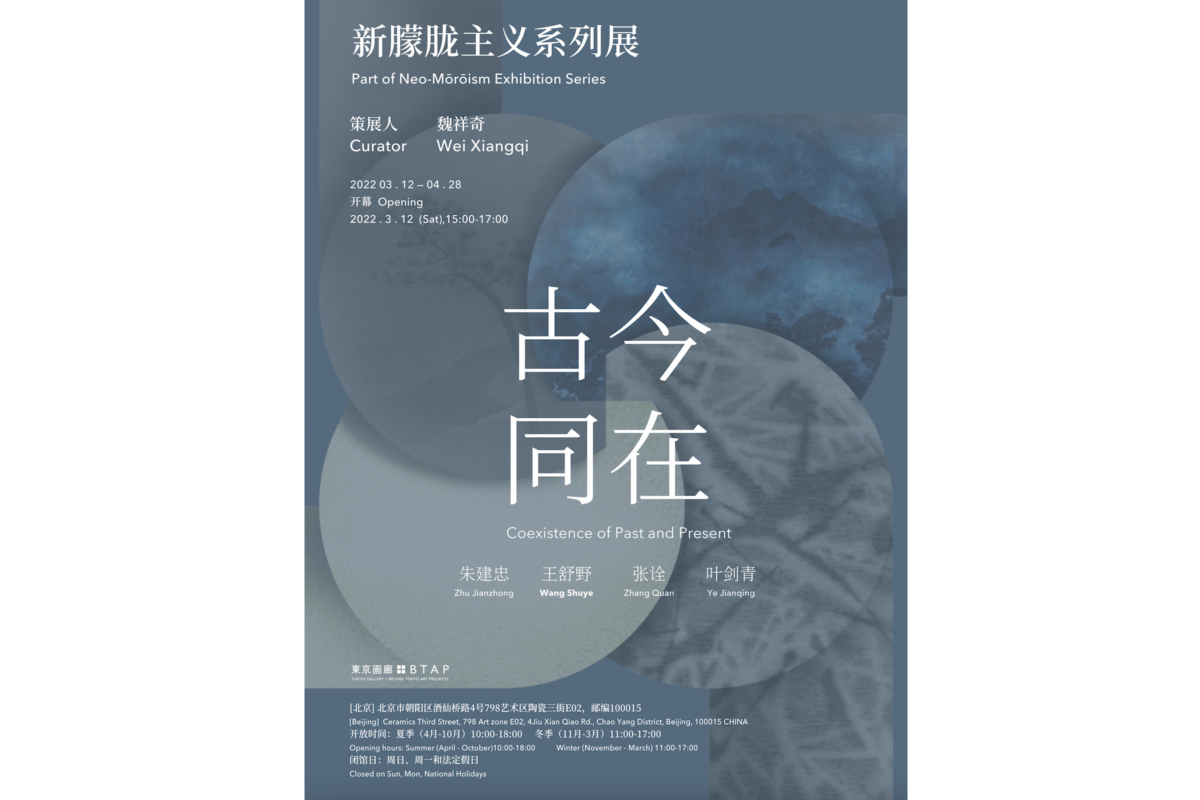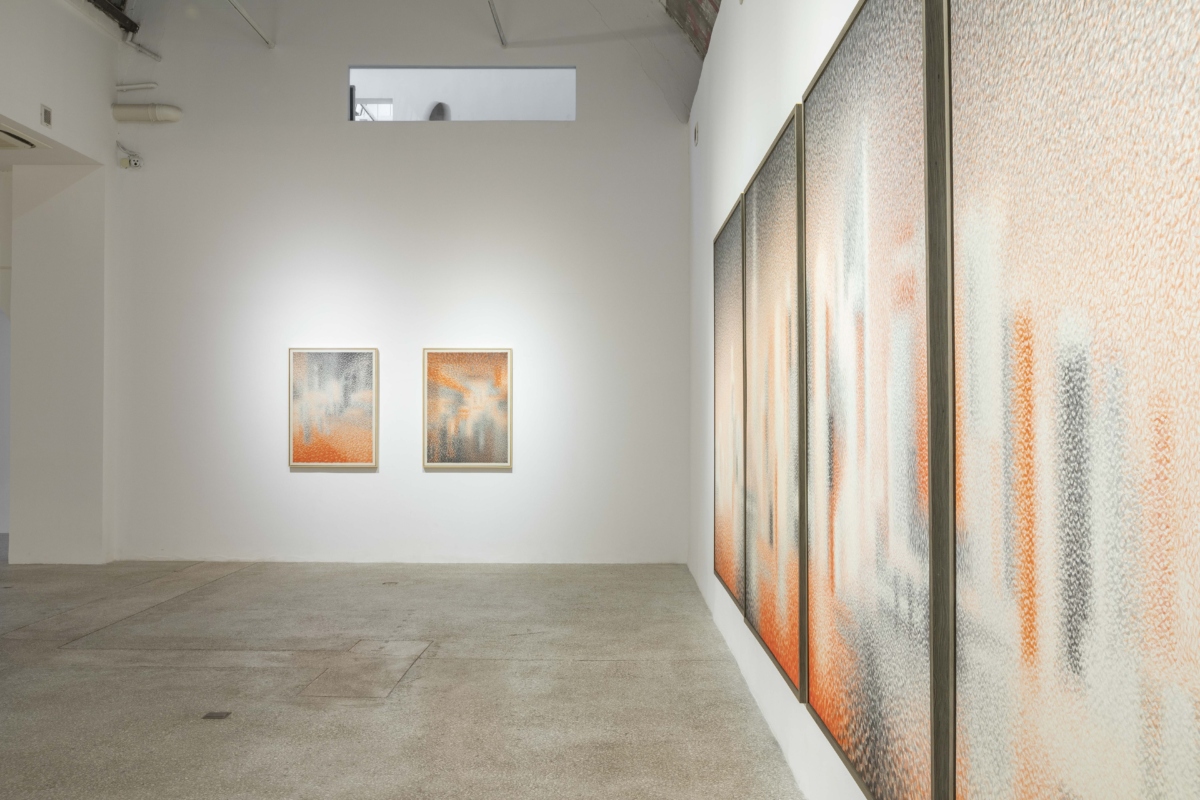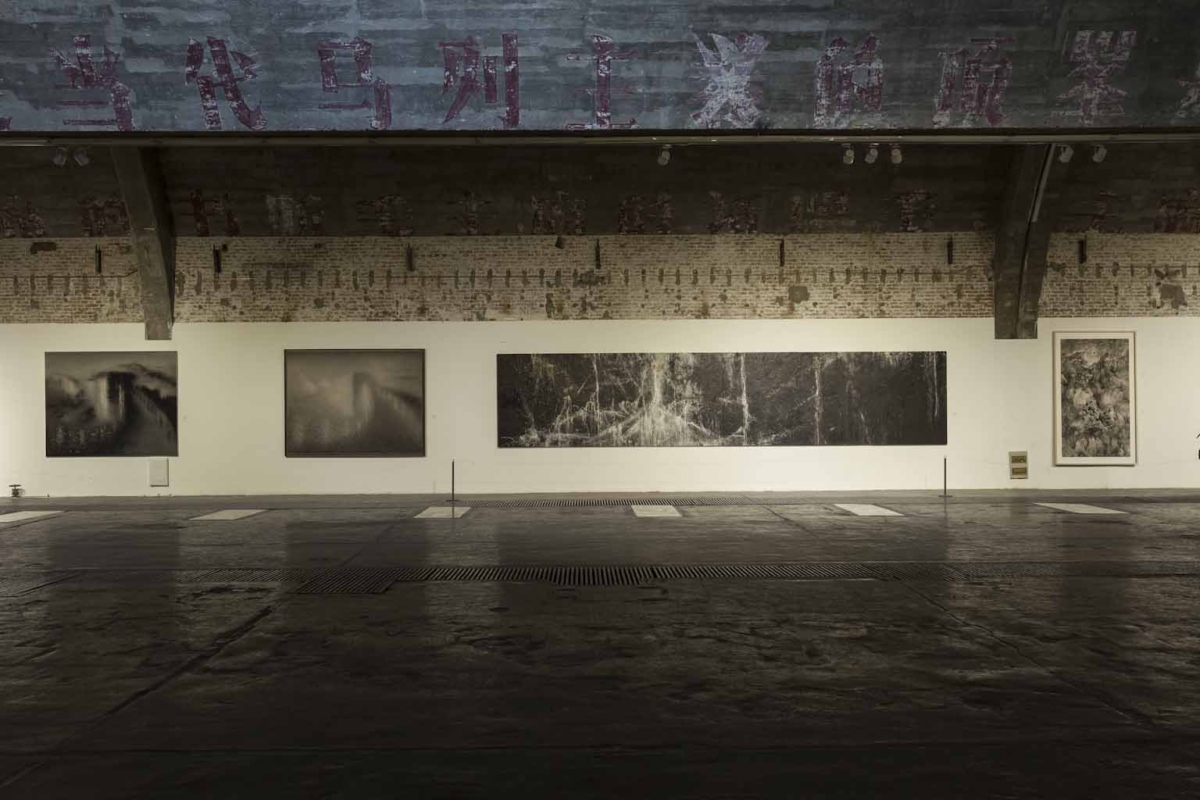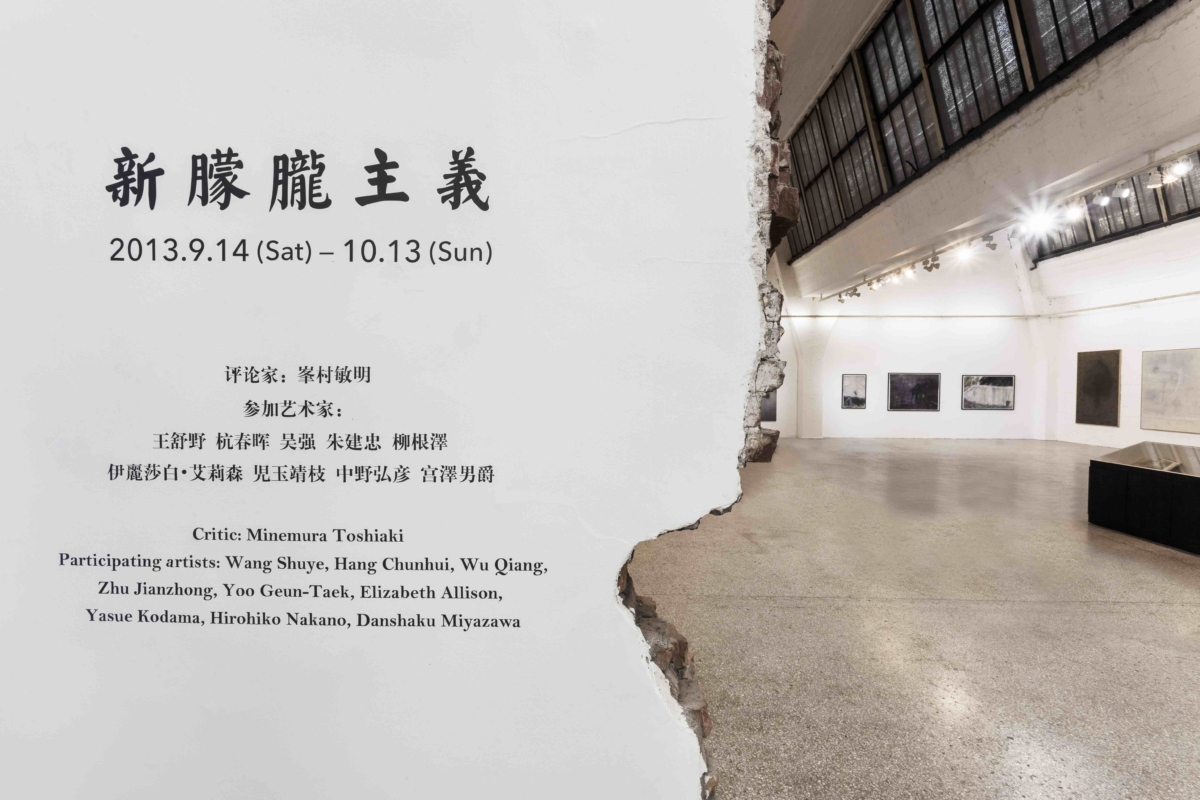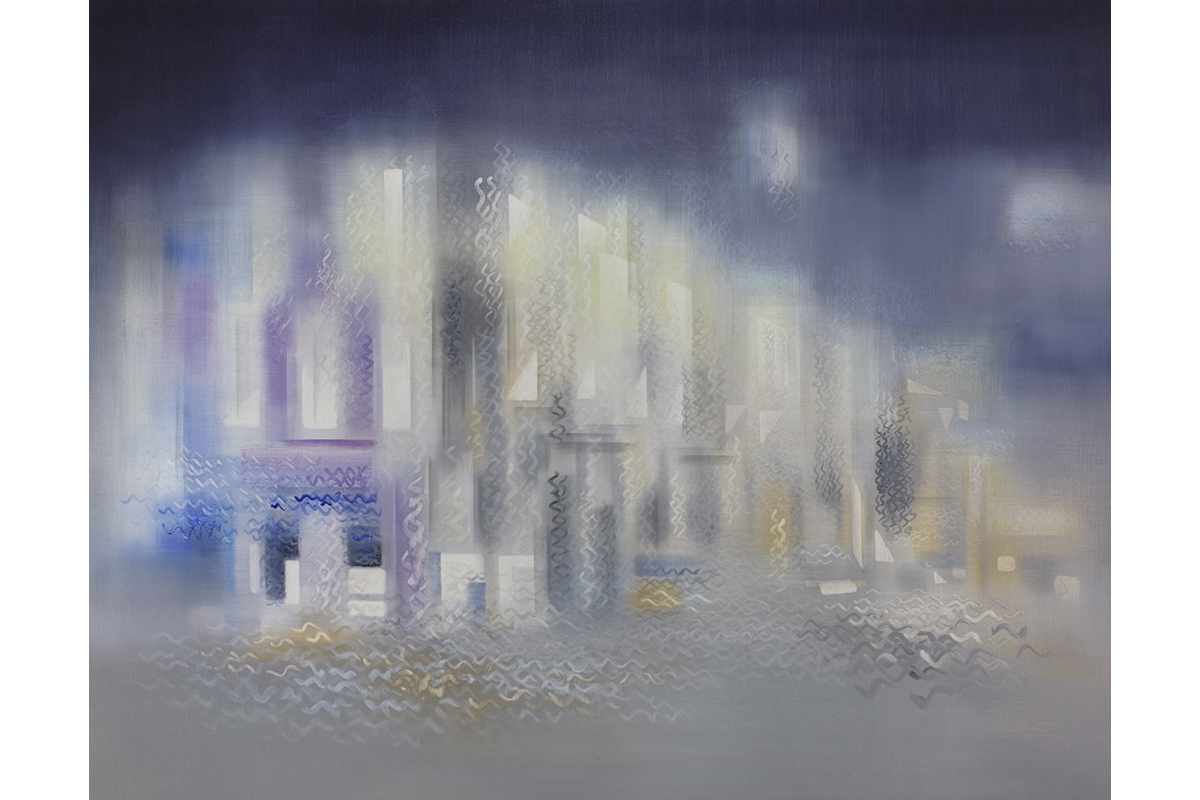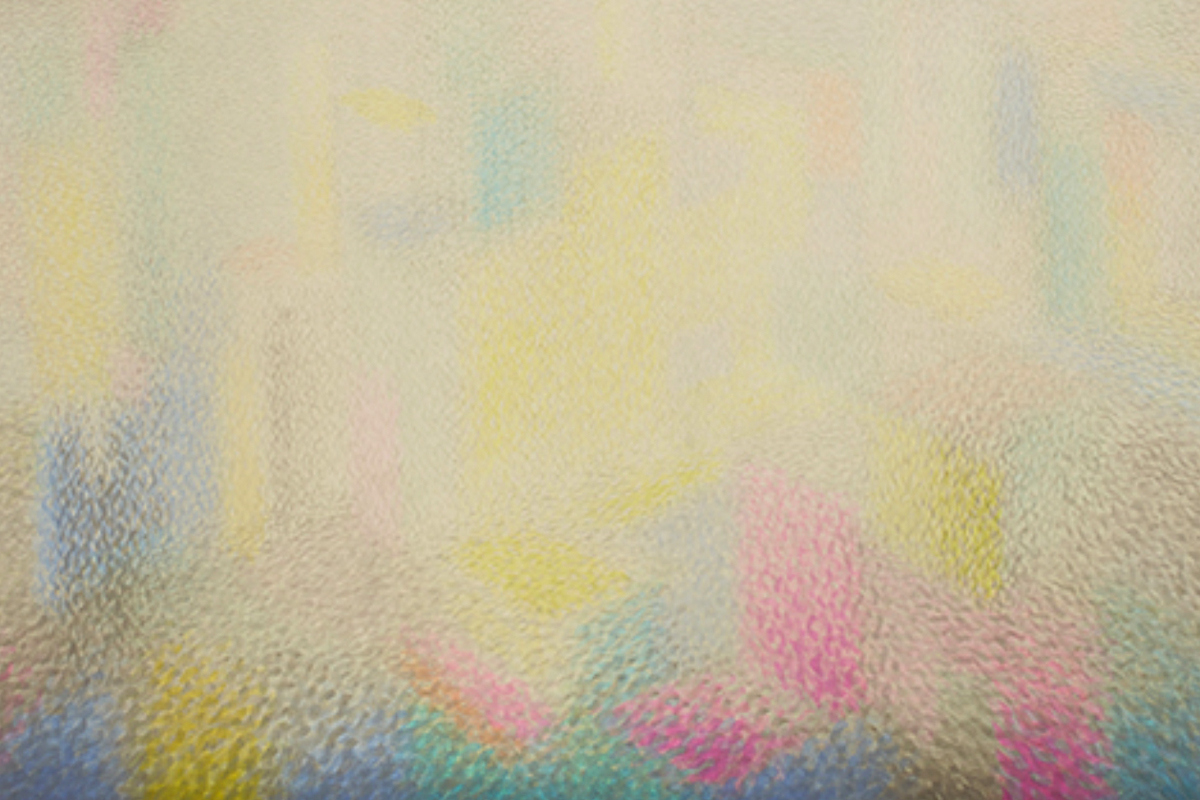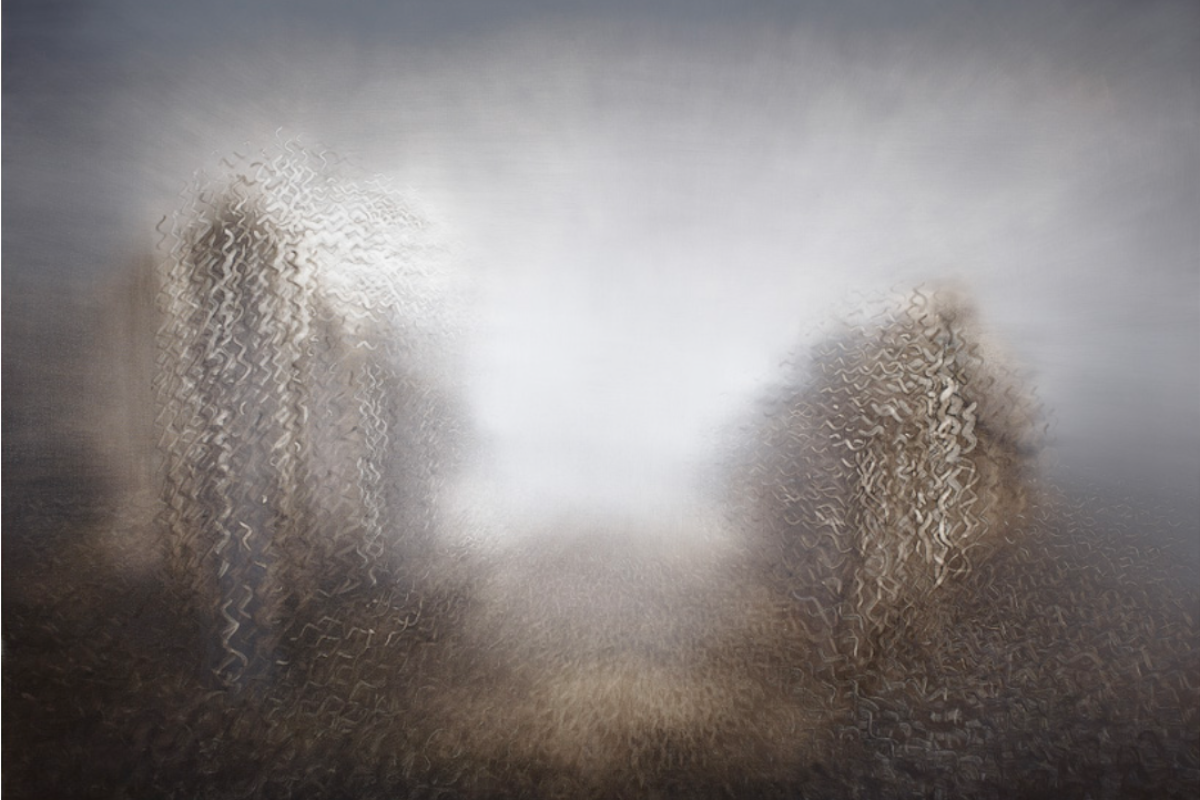Wang Shuye王舒野
Wang Shuye was born in China’s Heilongjiang province in 1963, and graduated from Beijing’s Central Academy of Craft Art (now renamed the Academy of Arts & Design of Tsinghua University) in 1989. That same year, his graduation work won the Gold National Award for Excellence, the highest honor awarded by the Ministry for Trade, Education and Industry. In 1990, Wang came to Japan and spent the next ten years devoting himself exclusively to the spiritual pursuit of art, exhibiting no work until his 2001 solo show in Kamakura. Since then he has been showing his paintings mainly in Tokyo and Kamakura, in addition to holding a retrospective exhibition at the Ikeda Museum of 20th Century Art in 2009 entitled The Affirmative Vision – The World of Wang Shuye. Wang took a leading role in organizing Neo-Moroism exhibition held at Tokyo Gallery + BTAP (Beijing) in 2013 by contribuiting a theoritical essay for the catalogue. Today, Wang continues to live and work in Kamakura, producing paintings that are informed by subtle yet tenacious executation and persistent spirit of inquiry.
Wang’s paintings, often covered by a mass of countless brushstrokes, use this layered technique to depict profound scenes of tranquil beauty. These visual spaces represent a world that exists prior to becoming a subject of our awareness. Standing in front of these large canvases, the viewer is freed from the constraints of the present moment and discovers the existence of another, more mercurial space and time. Although he used to work mainly with Chinese ink and pencil, Wang began using oil paint in 2007 in order to explore new directions in his artistic practice. By giving up his reliance on outlines and contours, Wang has enabled his vision to draw ever closer to his chosen subjects – so much so that he seems to approach the very essence of their materiality.
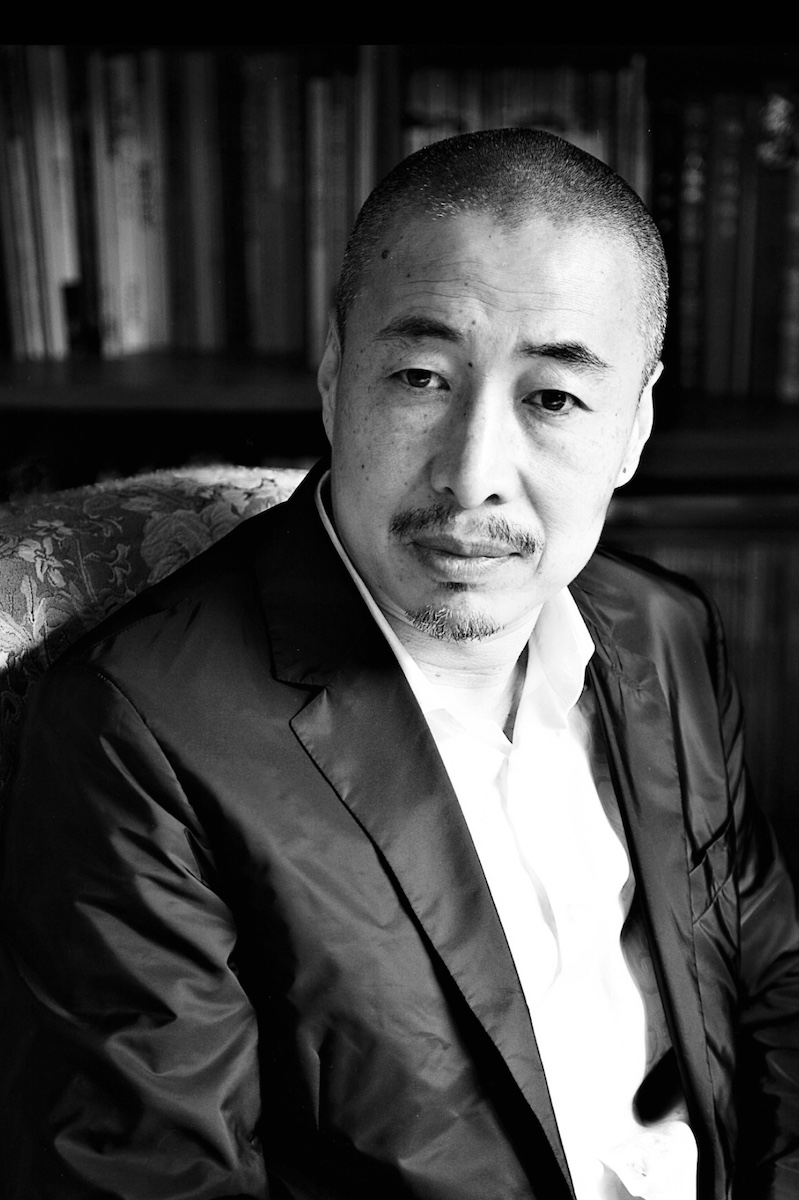
朱墨-麻纸-114×83cm-2018-1200x1661.jpg)
墨-朱墨-麻纸-45.5x37.9cm-2017.jpg)
朱墨-麻纸-114×83cm-2018.jpg-1200x1629.jpg)
墨-朱墨-麻纸-84×114cm--1200x884.jpg)
朱墨,墨,麻纸-100×100cm-2017-1200x1199.jpg)
